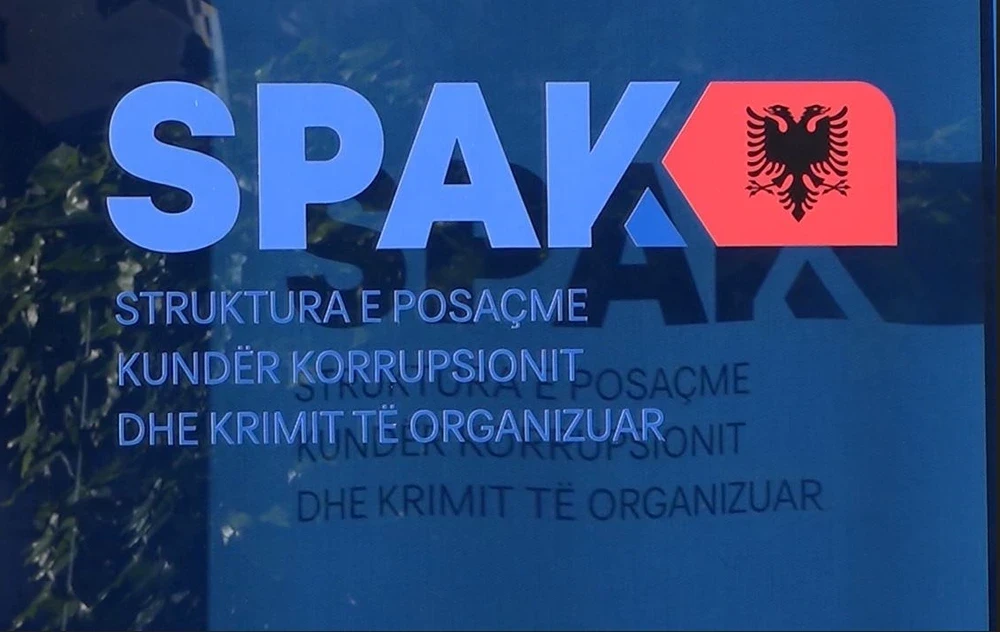SPAK embroiled in media leak scandal after prosecutor admits journalists seek permission to publish secret case files

In a stunning admission during a Constitutional Court session, SPAK prosecutor Bledar Maksuti confirmed that journalists regularly contact SPAK to ask for permission before publishing secret investigative materials — a practice with no legal foundation, but one that has become institutionalized as part of the prosecution’s day-to-day operations.
Why this is important: The prosecutor’s statement exposes what many have long suspected: SPAK has established an informal and unlawful practice of filtering media publications, acting as an editorial gatekeeper over leaks. More than a breach of prosecutorial neutrality, this confirms the existence of a covert system of media control where leaks are managed and approved based on whether or not they “serve SPAK’s interests.”
Context: The revelation came during a hearing over the case of journalist Elton Qyno, whose phone and equipment were seized by SPAK in an attempt to uncover his sources. Defending the institution’s actions, Maksuti claimed that journalists normally ask SPAK directly if they should publish certain materials.
“There is no legal obligation, but journalists come to us and ask: ‘Will this cause you problems if I publish it?’” Maksuti told the court. “It’s not a legal duty — it’s an ethical one.”
Chief Justice Holta Zaçaj pressed further, asking if there was any law that imposed such a requirement on journalists. Maksuti admitted: “There is no legal provision. It’s simply a practice.”
That “practice,” however, effectively positions SPAK as the de facto editor-in-chief of Albanian investigative journalism, approving or blocking the release of sensitive information, all while selectively ignoring other leaks that align with its prosecutorial agenda.
What else: The scandal has far-reaching implications. Maksuti’s testimony not only confirms that SPEAK-approved leaks happen — it suggests that every leaked wiretap, transcript, or case detail published in select portals has been explicitly greenlit by SPAK.
This directly contradicts SPAK’s prior public stance of condemning leaks and pursuing those who publish them. In practice, SPAK has never prosecuted any internal source of leaks, despite the fact that such actions represent criminal breaches of investigative secrecy.
The case of journalist Qyno has now taken on symbolic weight. Unlike others, Qyno did not ask SPAK for permission before reporting on secret case material. Instead of investigating the origin of the leak, SPAK targeted him — an act widely seen as retaliatory.
Maksuti’s claim that SPAK is merely protecting “ethical balance” rings hollow in light of these revelations. Critics argue the institution is in fact curating a public narrative, releasing selected fragments of investigations to shape opinion and discredit defendants, often before they have the chance to defend themselves in court.
The leak scandal has also reignited criticism surrounding the publication of Veliaj family wiretaps and other politically sensitive material. Maksuti’s statement lends weight to suspicions that SPAK is intentionally using the media to exert pressure and control narrative, while maintaining plausible deniability.
If upheld, the practice risks setting a precedent in which SPAK controls both the courtroom and the headlines, with no legal accountability or transparency.
Legal analysts and press freedom advocates are now calling for an independent investigation into SPAK’s media practices, warning that the line between justice and propaganda is being dangerously blurred.


